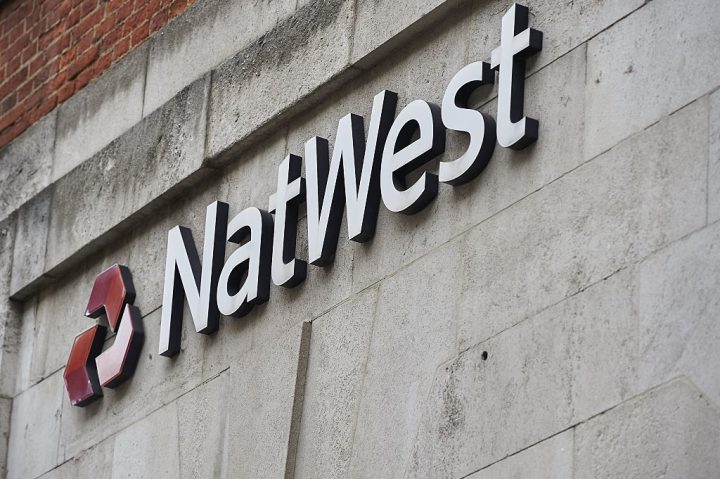The NatWest saga is fast becoming a textbook example of what some consider to be an ‘establishment’ attack on minority (and often right-leaning) viewpoints. The fast U-turn from the NatWest board which now sees Dame Alison Rose out of a job (Mr Steerpike has the details here) confirms that this was not a nuanced or two-sided debate that the bank originally tried to make it out to be.
It’s no surprise, then, that the government has been fairly robust in its growing condemnation of NatWest’s actions. No. 10 insisted last night that it had serious concerns about the bank’s actions, and ministers have been saying it was ‘right’ for Rose to go.
In this case, the government couldn’t stay silent – at least not for long
City Minister Andrew Griffith is one of those MPs who has spoken out. Griffith said this morning that the decision to ‘withdraw a bank account due to someone’s lawful political views…was and is always unacceptable’. He called on the financial sector to ‘learn’ from this incident.
What will that lesson be? This NatWest debacle is not just raising questions about the threat of ‘debanking’, attacks on free speech and fears around losing access to cash (drawing our attention, once again, to the dangers of pursuing a cashless society). It is also putting pressure on the government to define its scope for intervention.
NatWest is in a unique position, as almost 40 per cent of the bank remains state-owned. This is down from over 80 per cent after the financial crisis, but is still a large chunk which is ultimately backed by the taxpayer. This put immediate pressure on the government to respond to the bank’s actions taken against Farage, as this is not a normal private company, but rather one which the ministers, and voters, have a stake in.
In this case, the government couldn’t stay silent – at least not for long. But would the decision to be outspoken on NatWest automatically lead to criticism or condemnation of private banks and any decision they make to ‘debank’ a customer in the future? Of course, Farage is not the first person who has seen their access to financial services restricted because of their political views. But might this very public (and increasingly clear-cut) case set the precedent for cracking down on businesses that engage in this sort of behaviour?
If so, that will have consequences: not just around the increasingly politicalisation of financial services, but likely for a wider range of sectors that ministers determine are too important to people’s daily lives to have access withdrawn. The ‘right to bank’ is now up for debate, and with it, wider implications for consumer rights.







Comments